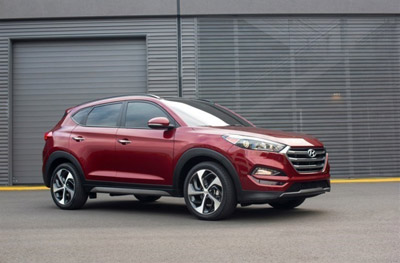A new development unfolded in the ongoing Hyundai and Kia vehicle theft controversy June 6, as New York City filed a lawsuit against the two Korean automakers, accusing them of negligence.
The complaint lodged in a Manhattan federal court depicts the absence of immobilizers in specific Hyundai and Kia models as being “exceptionally rare” within the automotive industry. It asserts this deficiency has “unleashed a wave of vehicle theft, rampant criminal activities, reckless driving and public endangerment.”
This legal action seeks unspecified compensatory damages and comes in response to a significant surge in the theft of Hyundai and Kia vehicles within New York City. In particular, it says the number of reported Hyundai and Kia theft cases doubled in 2022 and experienced an “explosive” increase in the first four months of 2023, skyrocketing by 660% (977 reported thefts compared to 148 during the same period last year).
In contrast, thefts of vehicles from other automakers have shown a decline in numbers.
New York City joins a growing list of major U.S. cities, including Baltimore, Cleveland, Milwaukee, San Diego and Seattle, that have taken legal action against Hyundai and Kia for similar concerns. In May, the two Korean carmakers reached a settlement with a substantial number of U.S. customers, resulting in compensation worth up to $200 million.
The downward spiral began with the emergence of a trending hashtag on TikTok, #kiaboyz, which featured videos exposing how to steal Hyundai and Kia vehicles manufactured between 2011 and 2021. These specific vehicles have become prime targets for potential thieves, primarily because they lack immobilizers and push-button ignitions, making theft a relatively effortless endeavor.
In an attempt to address the issue, the Korean group made efforts to rectify the problem by issuing a software upgrade for approximately 8.3 million affected vehicles. Additionally, they implemented supplementary measures such as distributing steering wheel locks. However, as the Financial Times reports, analysts argue these solutions have proven ineffective, as the number of thefts continues to escalate significantly in various regions across the U.S.










Abby Andrews